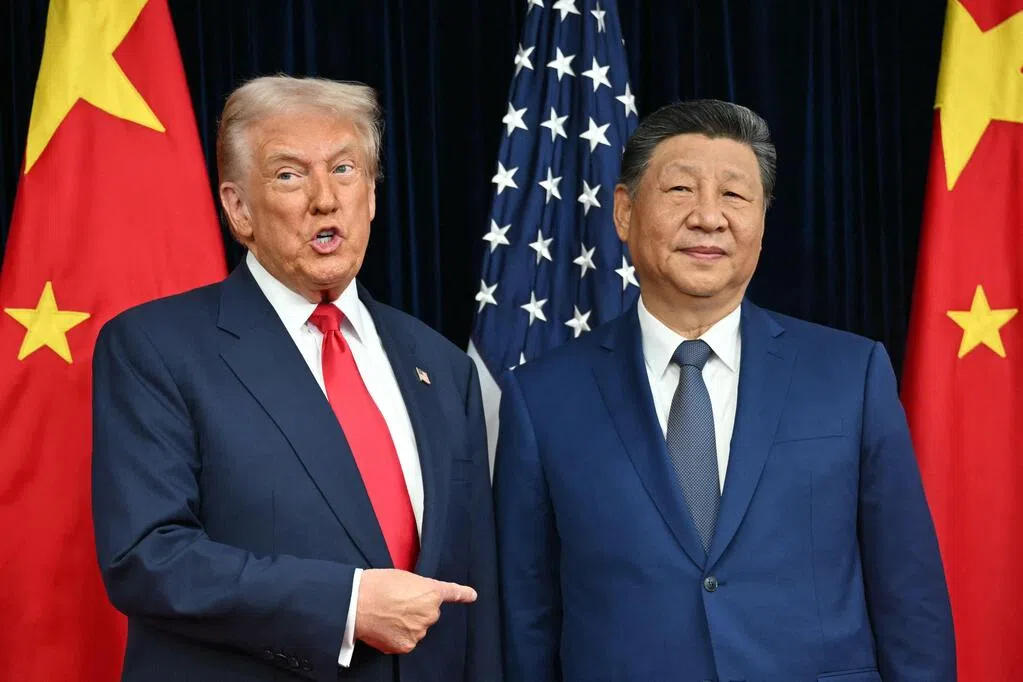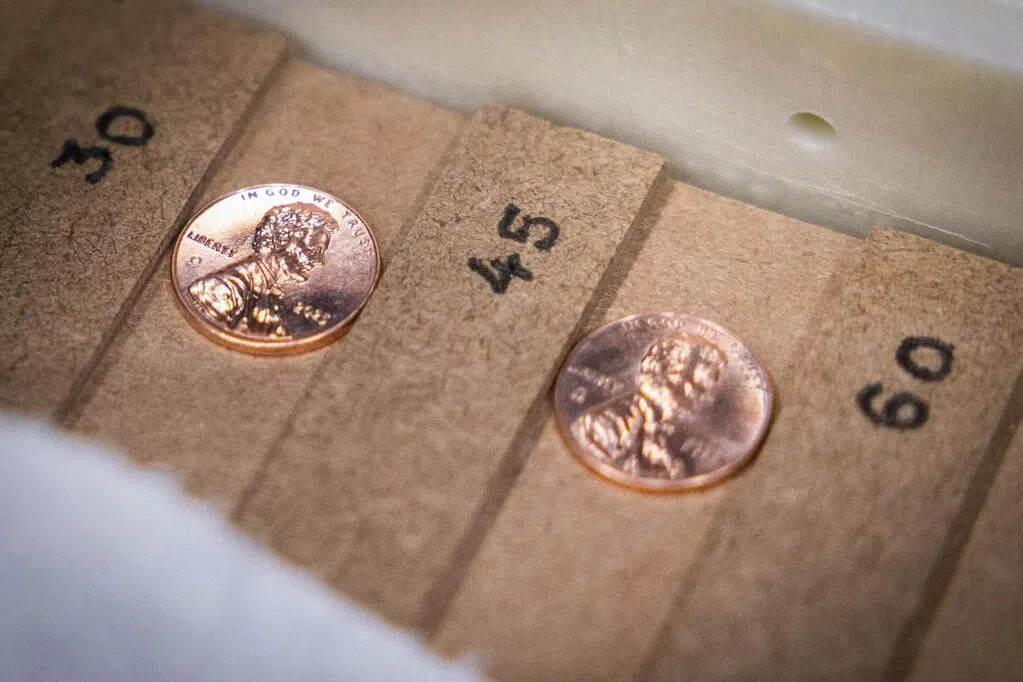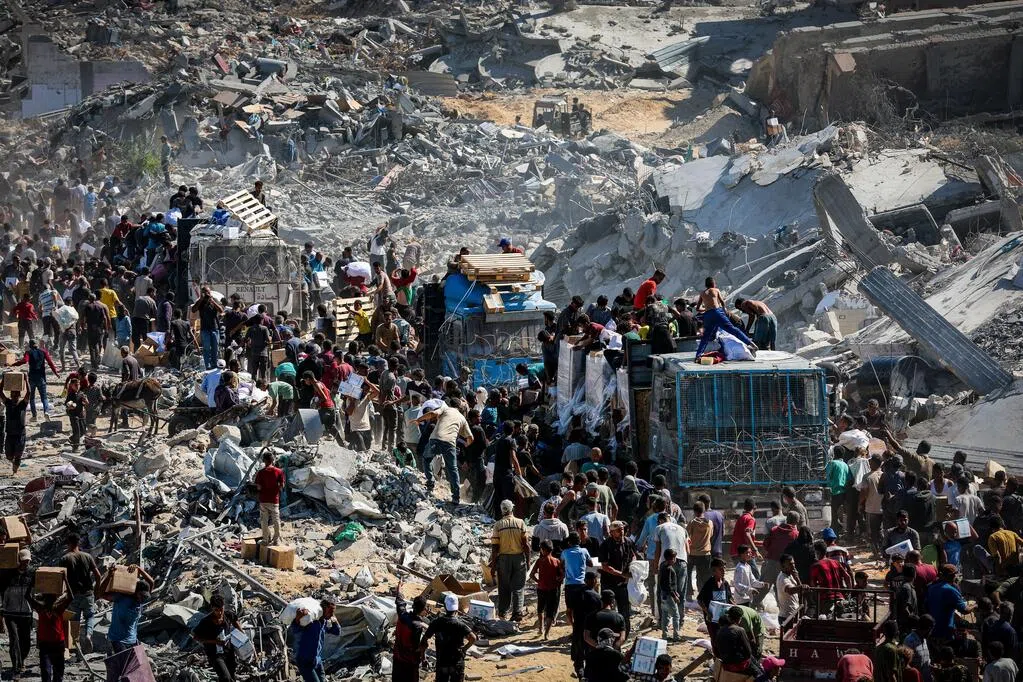(Washington/London) FBI Director Patel revealed that China has agreed to block the flow of fentanyl-related chemicals.
Patel, who visited China last weekend, stated at a press conference on Wednesday (November 12) that China has designated and listed 13 precursor chemicals used in the production of fentanyl, prohibiting their circulation. "In addition to this, China has also agreed to control seven chemical subsidiaries that produce this deadly drug."
The Chinese Embassy in Washington did not respond to media inquiries. Neither the US nor China had previously publicly announced Patel's visit to China.
China's Ministry of Commerce just announced on Monday (November 10) adjustments to the list of controlled precursor chemicals, requiring licenses for the export of such chemicals to the US, Canada, and Mexico. Following an agreement reached last month in South Korea with Chinese President Xi Jinping, Trump halved the punitive tariffs imposed on Chinese goods due to the influx of fentanyl to 10%.
Analysis: Emerging economies are resilient and can withstand the impact of US tariffs.
Since taking office, Trump has primarily used tariff rates as a bargaining chip to demand concessions from trading partners. However, Verisk Maplecroft, a business risk analytics firm, points out that most emerging economies, such as China, Brazil, and India, can cope with US tariffs without experiencing too much pain. This raises questions about the true impact of Trump's tariff war.
Further Reading


The report analyzed the resilience of 20 emerging markets, including indicators such as their debt levels and dependence on export revenue, assessing these countries' ability to cope with trade fluctuations and adapt to rapidly changing geopolitics.
Bhattacharya, head of Asia research at the company and co-author of the report, told Reuters that most global manufacturing hubs are currently more resilient than people imagine. "Even if (the US) implements full-scale tariffs, they will be better able to weather this tariff storm."
This is because these countries are constantly adjusting their economic policies, improving infrastructure, and actively expanding their trade networks.
For example, Indian Prime Minister Modi and Information Minister Vishnaw announced two economic plans totaling approximately $5 billion (about S$6.5 billion) on Thursday (13th) to enhance export competitiveness and cope with the pressure of the US imposing a 50% tariff.
Among them, an export promotion scheme worth nearly $3 billion aims to help Indian small and medium-sized producers obtain trade financing at lower costs and meet global quality standards.
India's Ministry of Information plans to allocate $2.3 billion to provide export credit guarantees for exporters, with a focus on supporting the export of labor-intensive products such as textiles, leather, and jewelry.



